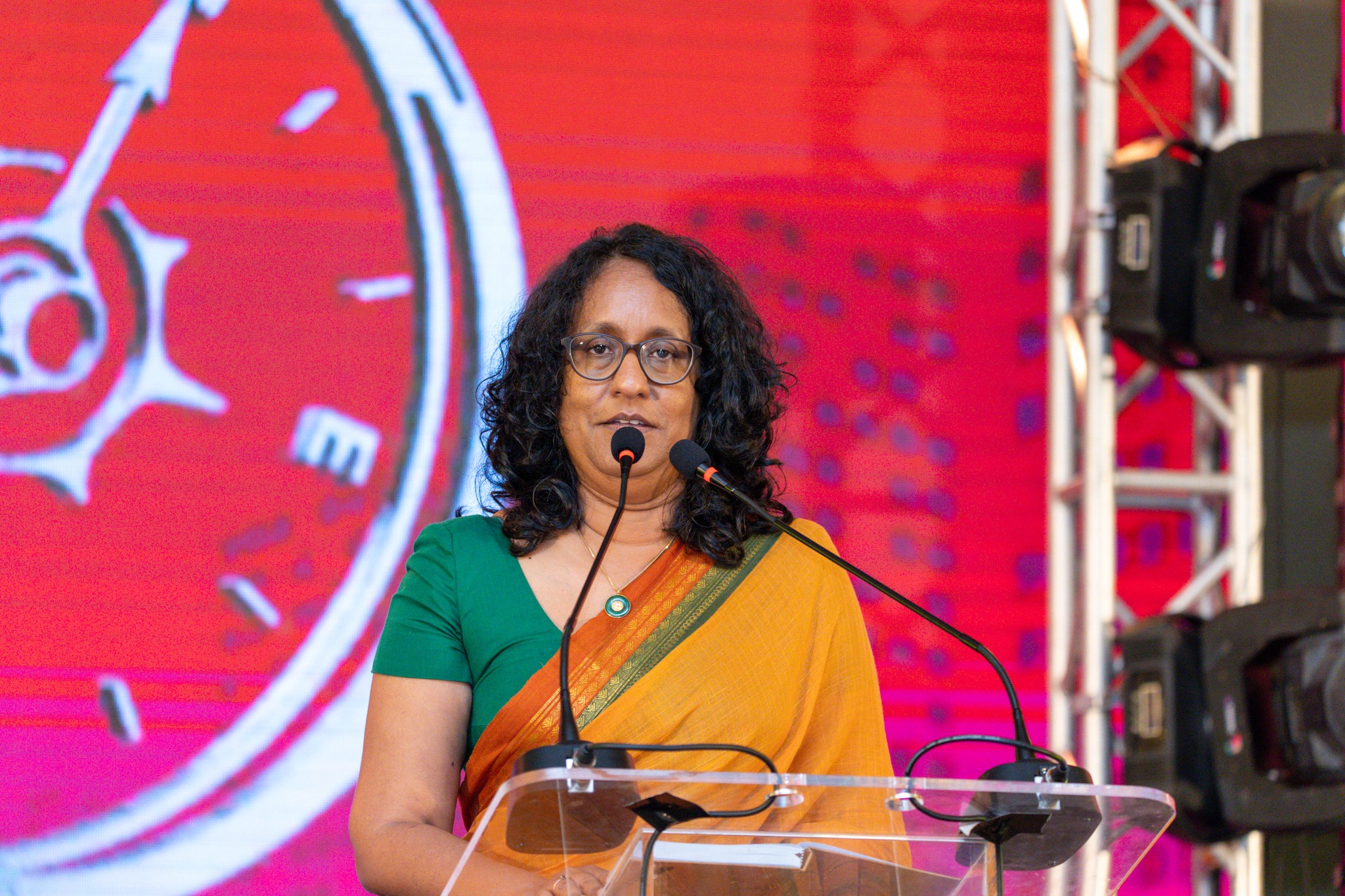
Sri Lankan Prime Minister Harini Amarasuriya claimed her government is “committed to delivering justice” to families of the disappeared but doubled down on domestic accountability mechanisms which have long been rejected by Tamil families of the disappeared.
Responding to a question from Batticaloa District MP Shanakiyan Rasamanickam, Amarasuriya admitted that there was widespread distrust in state institutions like the Office for Reparations and the Office on Missing Persons (OMP).
“The public has lost their trust in the Office for Reparations and the Office on Missing Persons,” she said. However, Amarasuriya claimed that this was because they were “were merely established in name and lacked adequate strength and were largely ineffective”.
“That is what happened in the past, and that is what is expected to be corrected,” she claimed.
She added that “such matters must be addressed legally and institutionally”. “It is not an easy task, but the government is committed to ensuring justice,” she insisted.
The Prime Minister said that a committee has also been approved by Sri Lanka’s Cabinet to provide recommendations on repealing the Prevention of Terrorism Act (PTA)—a law widely criticised for enabling arbitrary detention and torture, particularly targeting Tamils. However, past promises to repeal the PTA, made under several successive governments, have repeatedly been broken.
Amarasuriya also emphasised the need to “establish institutions and an environment to ensure that such incidents do not recur,” while claiming that the government’s focus was not on “gaining popularity” but on building durable mechanisms for accountability.
Despite these remarks, Tamil families of the disappeared—who have been protesting for over eight years across the North-East—have consistently and unequivocally rejected domestic processes, including the OMP. They have accused successive governments of using such institutions to placate international pressure while failing to deliver truth or accountability.
Campaigners have instead called instead for an international, independent mechanism to investigate enforced disappearances. Over the years, several United Nations reports and resolutions have also endorsed the need for international involvement, citing the Sri Lankan state’s lack of political will and institutional capacity.
The Prime Minister’s comments come as her government continues to resist international accountability measures, and as civil society groups warn of ongoing surveillance and intimidation of victims’ families and activists across the Tamil homeland.
